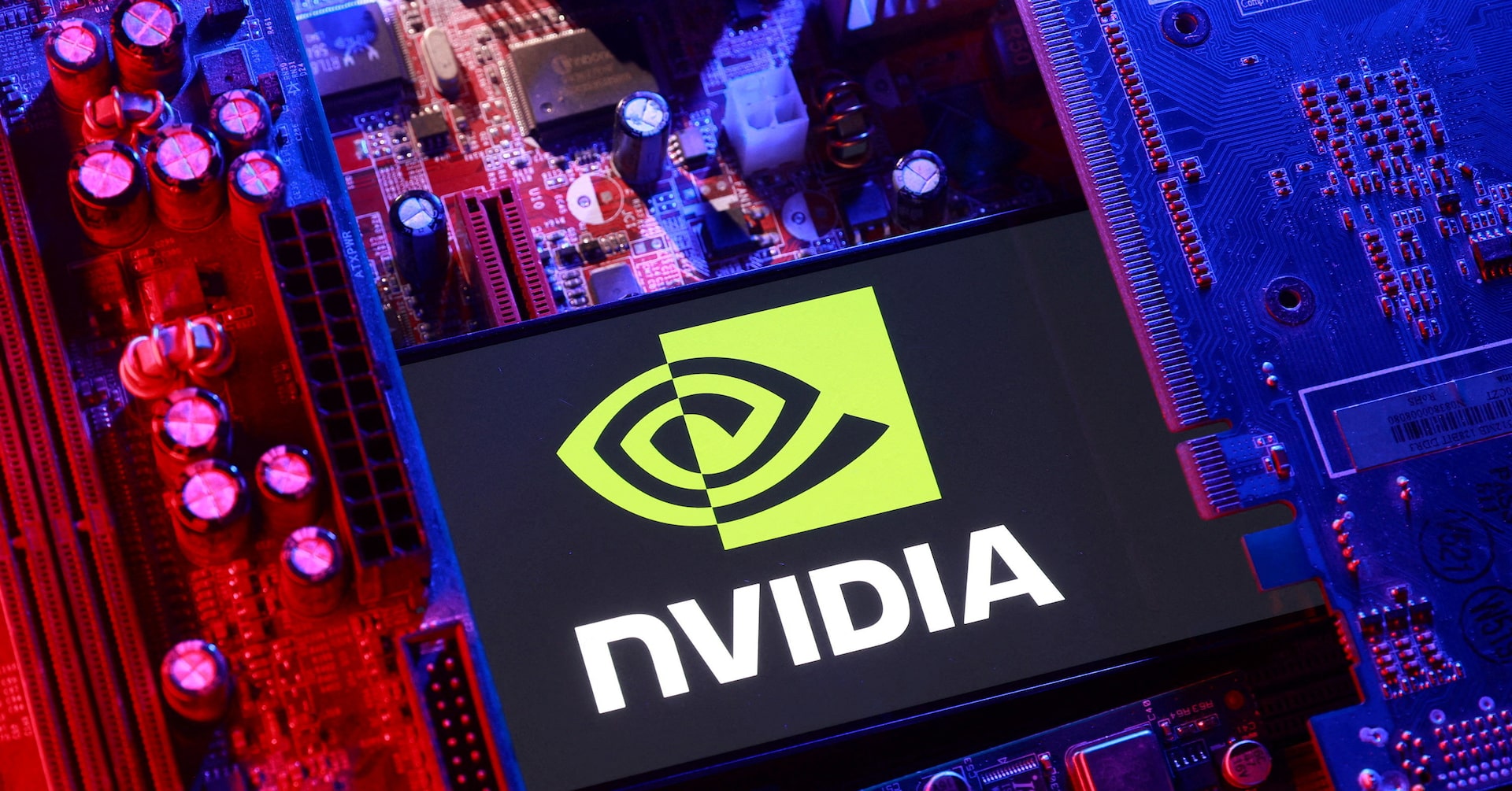China's Cyberspace Administration ordered major tech firms to halt purchases of Nvidia H800 and A800 AI chips and cancel existing orders to boost semiconductor self reliance. The move intensifies AI hardware supply chain fragmentation and accelerates global tech decoupling.

China's internet regulator instructed major domestic technology firms to stop purchasing certain Nvidia AI processors and to cancel existing orders, the Financial Times reported on September 17, 2025. The directive names Nvidia models H800 and A800. The action matters because it targets high end compute that powers advanced generative AI and signals a further step toward semiconductor decoupling between China and US suppliers.
For several years, US export controls have limited China access to some of the most powerful AI hardware. Nvidia introduced variants of its data center GPUs such as H800 and A800 that were designed to comply with earlier export restrictions while still offering greater capability than many domestic chips. The Cyberspace Administration of China CAC has now told cloud providers and large tech firms to stop procuring these processors as part of a broader policy to accelerate domestic chip substitution and reduce exposure to foreign supply vulnerabilities.
Processors like Nvidia H800 and A800 are optimized for matrix math and large scale model training. In plain terms, they deliver the raw computation that allows large language models and other generative systems to learn from vast datasets and run at scale. Export compliance rules aim to keep the most powerful of these accelerators from reaching geopolitical rivals.
What this means for businesses and the global AI ecosystem:
China's order to stop buying specific Nvidia AI chips is a clear signal that technology competition is entering a new phase where policy decisions will determine access to advanced compute as much as market forces. In the short term, deployment of the highest performance AI services in China may slow. Over the longer term, expect faster growth in domestic semiconductor capability and an increasingly bifurcated AI infrastructure. Businesses should reassess hardware dependency, prioritize software portability between accelerators, and prepare for a landscape where multiple accelerator ecosystems coexist.



